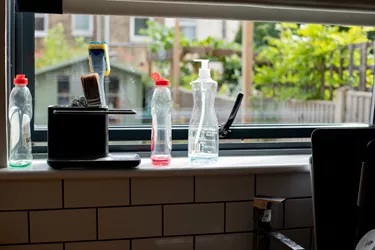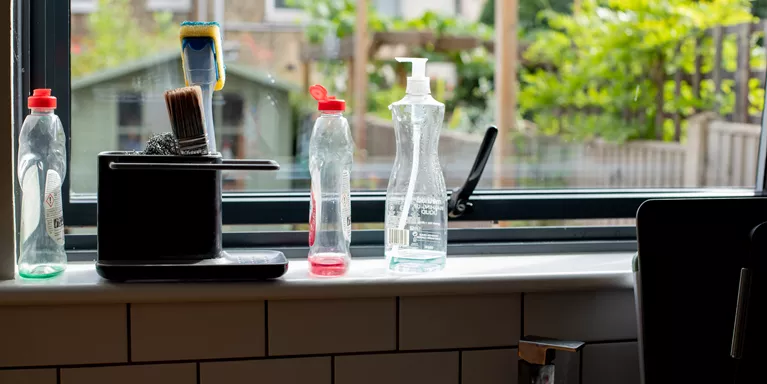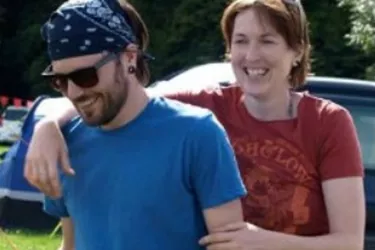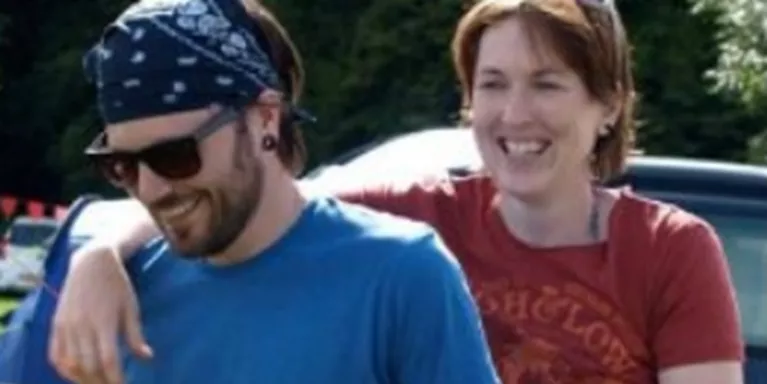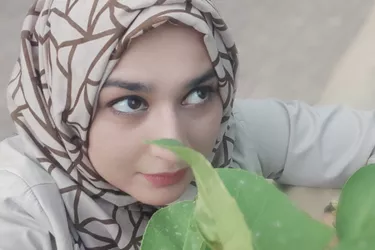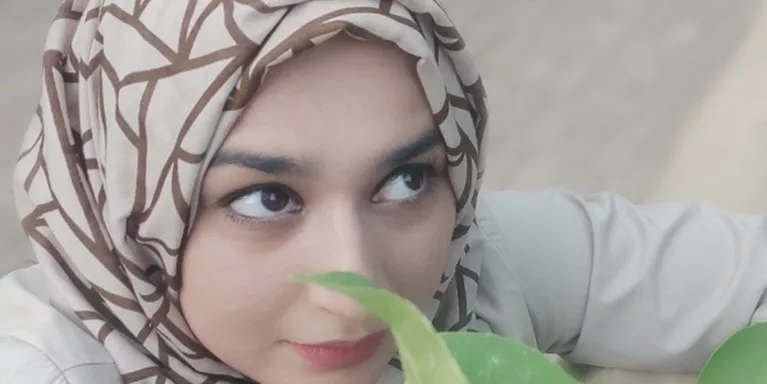Caring for young carers
Anum blogs about the impact looking after her Mother (who has schizophrenia) had on her childhood – and why people in her situation need support and understanding.
I remember pulling off different accents to make my mum laugh. For a few moments, we were in a fit of giggles. I was 14 or 15 years old. But, moments like these were few and far between.
I was an only child. My father died in a road accident when I was a baby. As a young girl I became a young carer for my mother who had schizophrenia. Around the age of 9 I started noticing her symptoms. By the time I was 11 or 12 her symptoms had deteriorated and I was doing all I could to ensure that she was safe.
Due to her schizophrenia, sometimes she would forget that I existed and would abandon me. Some of these moments are too painful to remember and are only recalled during conversations with my ‘other mothers’ – women who took me under their wing and nurtured me like their own child. I have many mothers.
“As a child I did not fully understand that I was effectively my mother’s mother.”
As a child I did not fully understand that I was effectively my mother’s mother. I was both a daughter and a mother to my primary caregiver. It was essentially an exercise in survival. I did not have the luxury of emotional exploration and discovering what I felt or needed to feel, it was a simply a case of getting on with it.
I would often be dealing with a schizophrenic episode and its aftermath in the evening, then getting ready early in the morning to go to school. School felt the safest place I could be, and I adored my teachers. I loved learning, and this enthusiasm coupled with curiosity saved me from a huge amount of emotional pain. I enjoyed learning how to play the steel drums in year 7. We also went on a camping trip, which I still remember fondly two decades on. We abseiled, pot-holed and learnt to thrive in the forest. The adventure and nature absorbed my 11-year-old self, and I recall being happy.
Not knowing how to ask for help
As a child, I didn’t know how to ask for help and learnt to manage things on my own – a habit I carried on as an adult, trying to be as independent as possible. However, I did receive counselling during my early secondary years, and being an avid reader found myself lost in the world of books which provided a compass of life, as my mother was unable to teach me the normal transitions of life due to her mental illness. I had a bout of anxiety as a child dealing with the unpredictability of mum’s symptoms, as well as frequent panic attacks which intensified as a young adult when facing traumatic situations. As a child, I did not have full understanding of what I was facing or how I was coping. It was about survival, getting through each day especially as I had to do so on my own.
To confide in others about my experiences as a young carer at that age was impossible, as I wasn’t actually aware that I was a carer, and my ‘normal’ became the daily struggles and challenges I faced looking after my mum.
Finding strength in art and nature
Art, poetry and nature became firm friends. I would explore the rose gardens at Forty Hall, Enfield, walk in the mountains of Snowdonia in my late teens, climb trees in Hyde Park, cycle by the canal in the Lea Valley Park and collect wild flowers along the paths. I learnt a certain independence, and seeds of strength grew from those moments observing the natural world.
I started working at 15, first as a receptionist in the local doctor’s surgery during the summer holidays after my GCSEs. Then I worked as a pharmacy counter assistant after school. I got my pharmacy counter assistant qualification while studying for my A-Levels.
“I remember the cold, polished floors of the hospital, and my heartbreak at realising I could not ‘fix’ my mother.”
Even now, it is incredibly difficult to talk about the full reality of my childhood and the impact of my mother’s schizophrenia. At times I remember the cold, polished floors of the hospital. My heartbreak at realising that no matter what I did or did not do, I could not ‘fix’ my mother. I cared for her until my late twenties, after which it became almost impossible to care for her as she had regressed and I had small children of my own. For their sake I had to make the difficult decision to stop being her carer and transfer her care to my immediate maternal family.
I always tried my best. My journey as a young carer was incredibly difficult. I often felt broken, but I had incredible experiences and learnt to see the broader and brighter horizons. This is why I am writing today. It is so important to reach out and share our experiences as young carers, to help others in their journey. Mental wellness applies to all of us, and sometimes it’s the people looking after others with poor mental health who need care and understanding themselves. Initiatives such as Carers Week are lifelines for many.


Information and support
When you’re living with a mental health problem, or supporting someone who is, having access to the right information - about a condition, treatment options, or practical issues - is vital. Visit our information pages to find out more.
Share your story with others
Blogs and stories can show that people with mental health problems are cared about, understood and listened to. We can use it to challenge the status quo and change attitudes.










